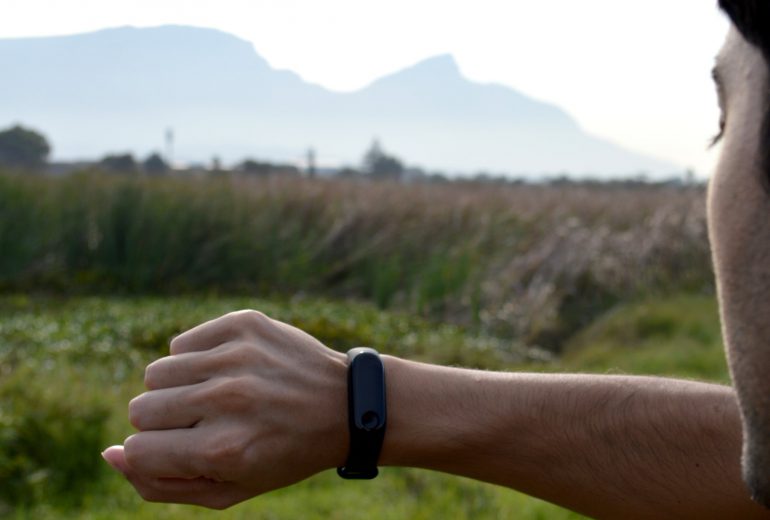Doctors, workplace wellness programs and insurers are increasingly recommending fitness trackers, such as Fitbits, mobile health apps and other wearable devices as a standard intervention for improving patient and employee activity levels. But do the devices have an impact on health outcomes? A new University of Florida study suggests they may not.
In a review of published research studies on the effectiveness of wearable fitness devices, UF researchers found no evidence that the devices improved participants’ cholesterol or blood pressure and limited evidence that the devices improve blood sugar levels among older adults with Type 2 diabetes.
“Wearable devices play a role as a facilitator in motivating and accelerating physical activity, but current data do not suggest other consistent health benefits,” said the study’s lead author Ara Jo, Ph.D., a clinical assistant professor in the UF College of Public Health and Health Professions’ department of health services research, management and policy, part of UF Health.
The findings were published online ahead of print in the American Journal of Medicine.
More and more, wearable fitness trackers are being viewed by health providers as a tool for improving the health of patients with chronic health conditions. That got Jo wondering — are the devices actually effective at preventing obesity and chronic diseases?
To find out, she reviewed 550 published research studies on the use of wearable devices. Of those, she identified six randomized controlled studies that also collected data on other measures of participants’ health. While participants in the studies she reviewed did increase their amount of physical activity and daily steps, Jo found little to no improvement in blood pressure, cholesterol and blood sugar. She was also surprised to discover that the devices were not significantly associated with weight loss.
The findings of the UF review suggest that while wearable devices may promote some positive behavioral changes, the impacts may not extend to improved health outcomes, Jo said. For best results, fitness tracker use may need to be paired with feedback from health providers and personalized interventions that motivate and engage patients.
“Some preliminary studies incorporating feedback systems with wearable devices reported significant weight loss and enhanced metabolic outcomes,” Jo said. “Likewise, proper follow-ups or regular check-ups with health care professionals may play a key role in patients leveraging wearable devices to achieve significant improvements in health and chronic disease prevention.”
In addition to Jo, the study team included Bryan Coronel and Courtney Coakes, students in the UF master’s in health administration program, and Arch Mainous, Ph.D., a professor and chair of the department of health services research, management and policy.
This article was originally published on UF Health News.

